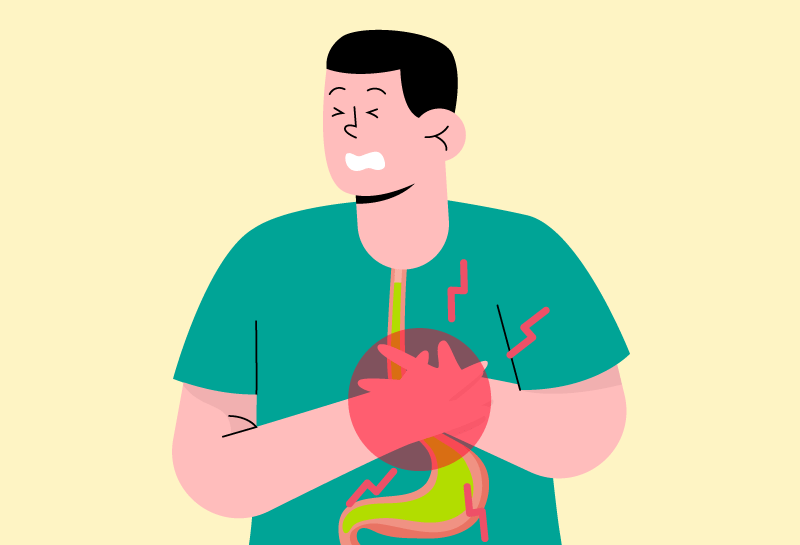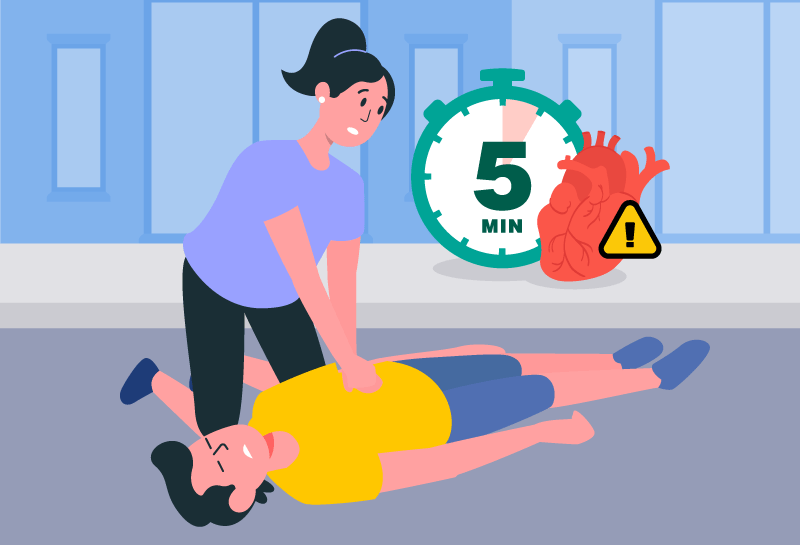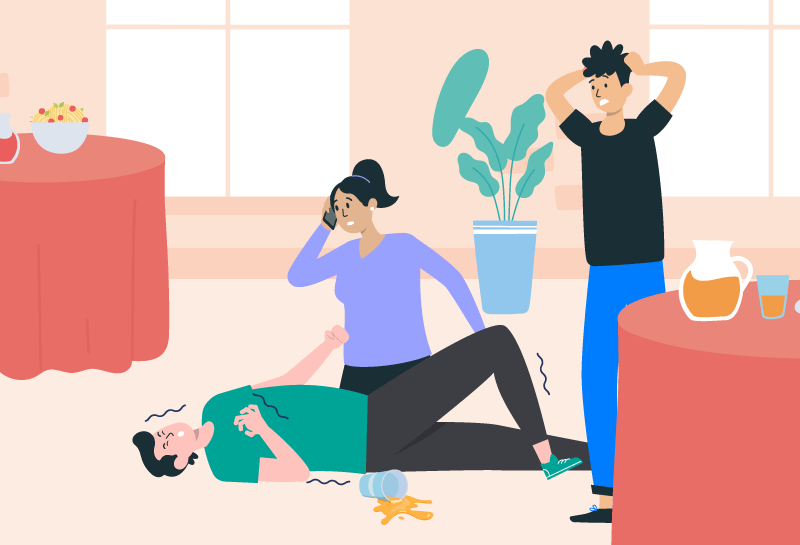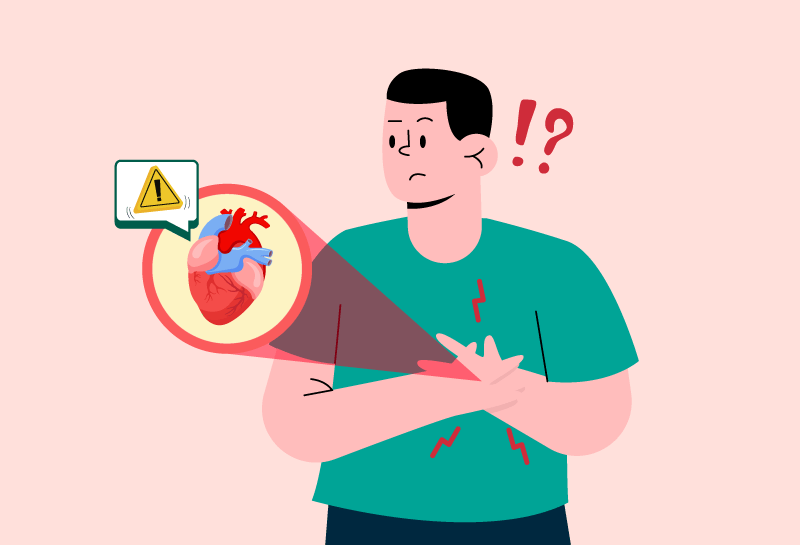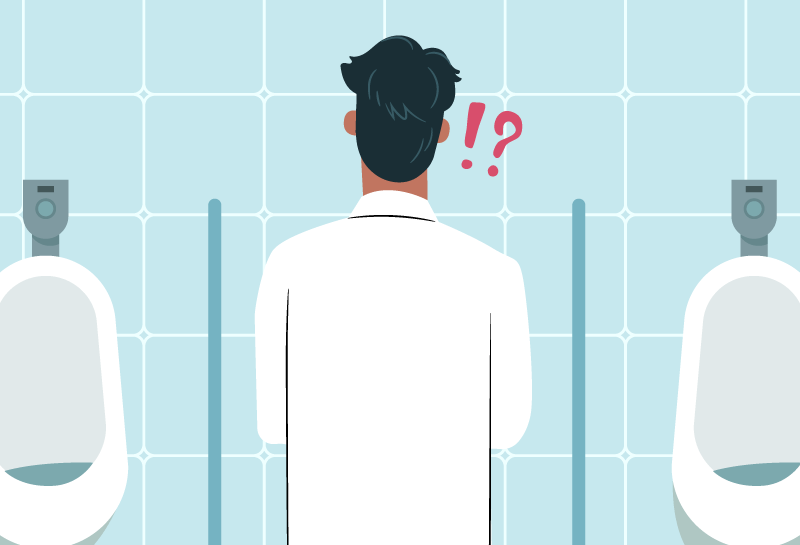Are you sceptical about the benefits associated with this seemingly arbitrary number and wonder if it's really
necessary for your health? Well, if so, then let us tell you that you're not alone!
In fact, there has been much debate surrounding the age-old question: Do we REALLY need to drink 8 glasses of water
per day in order to stay healthy? Let’s take a deep dive into this topic and provide some helpful insights behind
drinking 8 glasses of water each day!1,2,3
It's a common belief that you should follow the "8x8 rule" and drink eight 8-ounce glasses of water (240ml) per day,
but unfortunately, this isn't based on any scientific evidence.
The amount of water you need depends on various factors, such as age, gender, body weight, activity level and
climate. Therefore, there is no one-size-fits-all recommendation for daily hydration - it's important to stay
hydrated but the exact amount will vary from person to person.
In 2002, Dr. Heinz Valtin published a comprehensive literature review in the American Journal of Physiology to trace
the origins of the 8x8 rule and assess its scientific validity.
The review included over 100 peer-reviewed studies, surveys and research articles. After meticulously examining
decades of past research, the renowned physiology professor discovered that for many healthy adults who are
moderately active and living in temperate climates, drinking 8 cups of water daily is not necessary.
Dr. Valtin found that while drinking water regularly is essential, we must also consider the water content of other
food and drink items when calculating our daily intake; for some, 8 glasses may not be sufficient.
The National Academy of Medicine (NAM) suggests that adult men should consume around 3 litres (13 cups) of water per
day and women should have 2.2 litres (9 cups).
In general, it is important to make sure that you are adequately hydrated by drinking enough fluids throughout the
day. This can help support a variety of functions in the body, including regulating body temperature, transporting
nutrients, and removing body waste.
To determine how much water you need to drink on a daily basis, it is best to listen to your body's thirst signals
and to drink enough fluids to stay hydrated.
If you're worried about your hydration levels, there are a few ways to check. One easy way is to look at the colour
of your urine. If it's pale yellow or clear, then you're likely adequately hydrated.
However, if it's dark yellow or amber coloured, then that could be an indication that you need to drink more fluids.
Your healthcare provider can also provide tailored advice regarding hydration based on your individual needs and
circumstances.
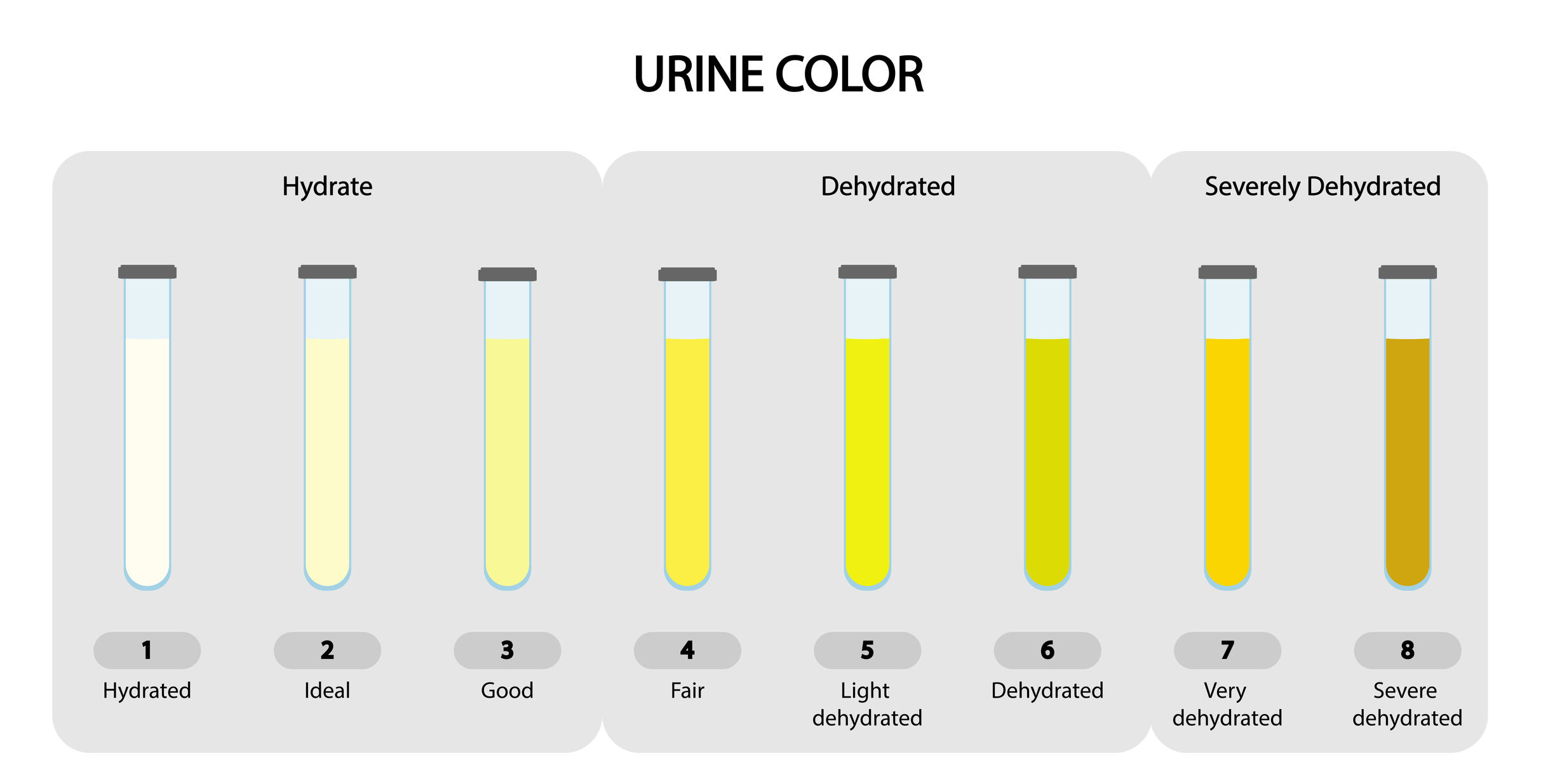
Another way to gauge your hydration needs is to pay attention to your thirst level and your body's natural signals.
To ensure you are properly hydrated, try paying attention to your body's natural signals such as thirst and fatigue.
If you feel thirsty, make sure to drink some water and if you experience other signs of dehydration like dry mouth,
tiredness, headache or dark-coloured urine, it is best to increase your water intake.
Overall, it is essential to stay mindful of your body's hydration needs and ensure that you are consuming enough
water to maintain good health and well-being.
The "8x8 rule" can be a helpful reminder, but it is not necessarily suitable for everyone. When determining our
recommended daily consumption of water, please take into account the water content of all foods and beverages.
Ideally, to get optimal hydration, we should try to stick to drinking only pure water.
References
- Water: How much should you drink every day? Mayo Clinic. Available at: https://www.mayoclinic.org/healthy-lifestyle/nutrition-and-healthy-eating/in-depth/water/art-20044256.
- Drink 8 Glasses of Water a Day: Fact or Fiction? Healthline. Available at: https://www.healthline.com/nutrition/8-glasses-of-water-per-day.
- The importance of hydration. British Dietetic Association. Available at: https://www.bda.uk.com/resource/the-importance-of-hydration.html.



 Copied
Copied






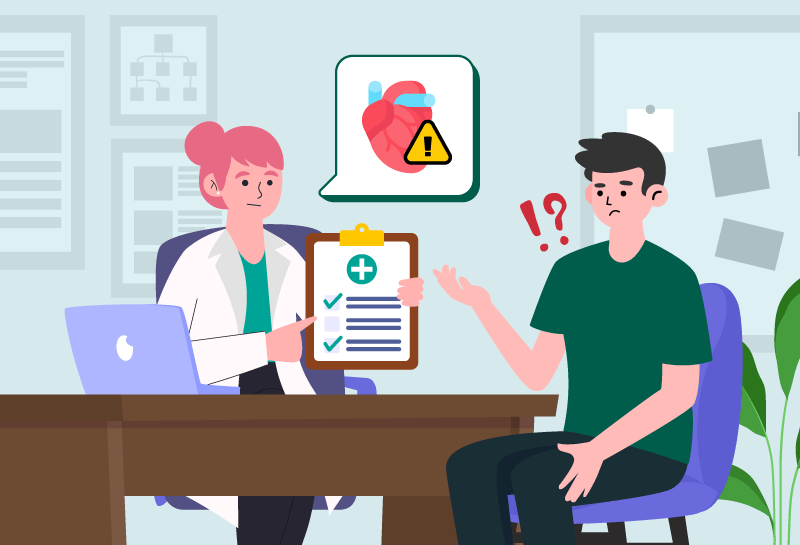
 15 mins read
15 mins read 